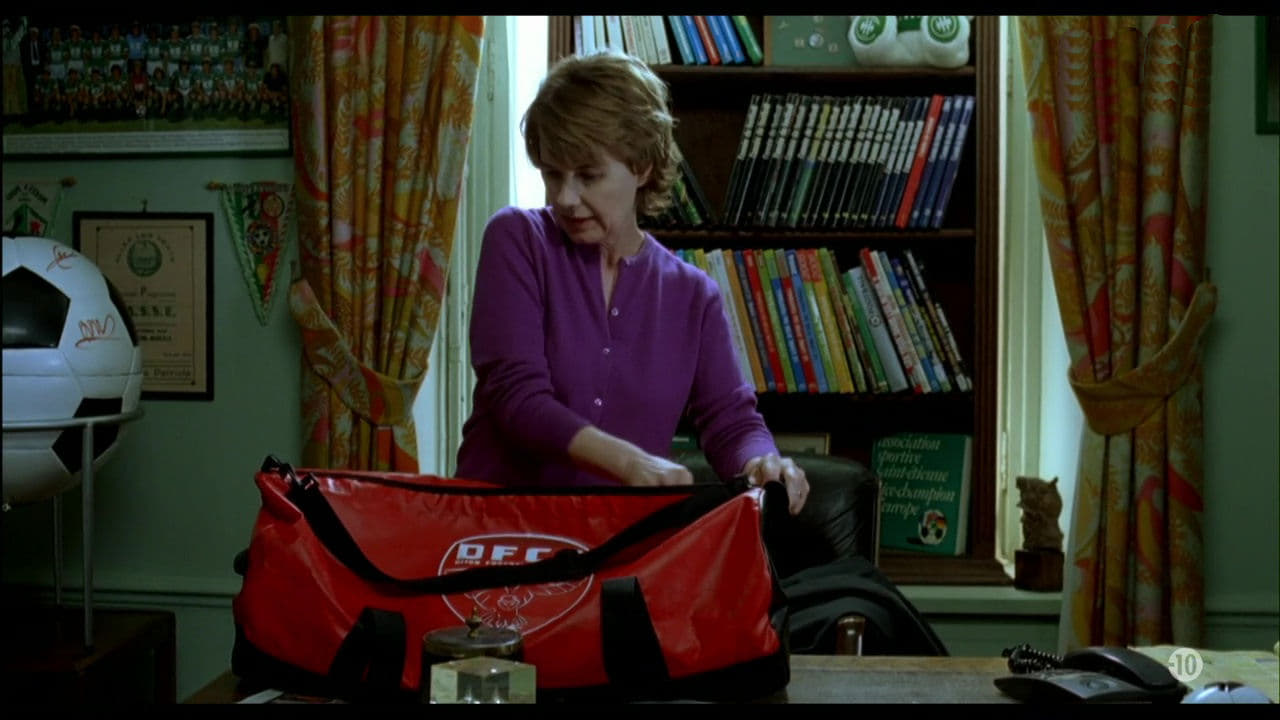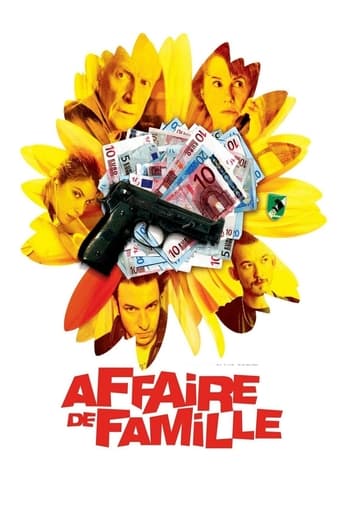Kirandeep Yoder
The joyful confection is coated in a sparkly gloss, bright enough to gleam from the darkest, most cynical corners.
guy-bellinger
There are facts. And there is the way we interpret them. What we mistake for a "fact" is actually a part of reality distorted according to our frame of mind at the time or on the basis of interest. Or by lack of information. Or else because of preconceived ideas or erroneous reasoning. A sure source of trouble in real life indeed but on the other hand rich material for exciting works of art. In the field of theater Pirandello is the past master at debunking the delusions of "objectivity", which is reflected in his appropriately titled masterpiece 'Each in his Own Way' and in the even more famous 'Six Characters in Search of an Author'. His cinematic equivalent could well be Akira Kurosawa, whose 'Rashômon' fascinatingly recounts a heinous crime and its aftermath, but recalled from differing points of view. Less famous but as impressive is Julien Duvivier's 'La Fête à Henriette', the story of two writers whose screenplay, although telling exactly the same story, varies according to the mood they are in. Of course Claus Drexel does not play in the same league as his illustrious forefathers. With 'Affaire de famille', whose first (and only to-date) fiction feature this is, he has neither any pretensions to great art nor to a grave examination of existential doubt. His only aim is to entertain. And as the result is both fun and intellectually stimulating, what more can you ask for? But let us first look at the story and how it serves the purpose of this 'Each in his Own Way'-like fantasy. Who are its protagonists, in what setting do they evolve and what are the "facts" ? The answer is partly contained in the film's title, 'Family Affair'. As a matter of "fact", its three "heroes" belong to an ordinary family (or so it seems), the Guignebonts, consisting of a "normal" father, a "normal" mother and a "normally rebellious" teenage daughter. And there would be nothing to report if the nearby soccer stadium had not been looted by two masked men, if Laure Guignebont's garden shed had not burnt down, if... (I am afraid I will stop the list here as there are too many ifs!). It follows from all this that Jean, Laure and Marine Guignebont are not such "normal" people after all, which also applies to other characters appearing in the film. Excitement then directly derives from the fact that the characters are not necessarily what they claim to be. Another source of fun is the gradual revelation of their true behavior, feelings and motivations through the successive points of view of four of the protagonists. Well-written, this pirandellesque tale is also a funny comedy, an effective thriller and a quizzing satire of the notion of "model family". To bring even more pleasure to audiences, Claus Drexel has managed to convince two wonderful seasoned actors, André Dussollier and Miou-Miou, to interpret the not-so-normal parents, and they do wonders. Belonging to the generation below them, Eric Caravaca manages to shade the police detective he plays with welcome ambiguity. Still younger, Hande Khodja sizzles in the shoes of the lively insolent teenage daughter. But the true revelation of this excellent cast may be Julien Courbey, who demonstrates his ability at expressing both the violence and the complexities of the bad boy he embodies. This is a little known movie that I highly recommend, positive as I am you will have a good time watching it. But, all of a sudden I realize that nothing is sure in this world. I may be subjective, biased, opinionated, prejudiced, whatever..., I will not have the bad grace to pretend otherwise!

